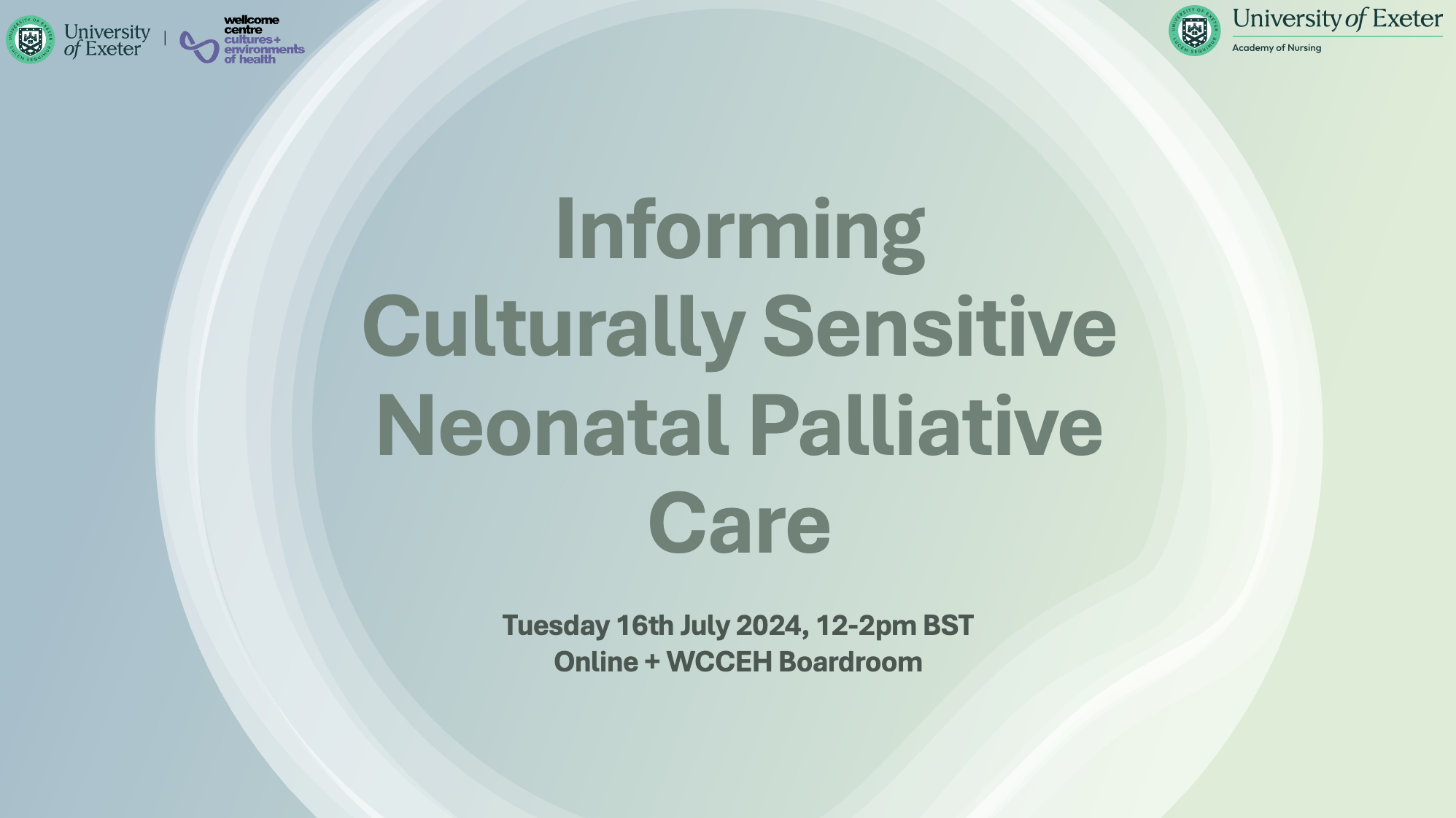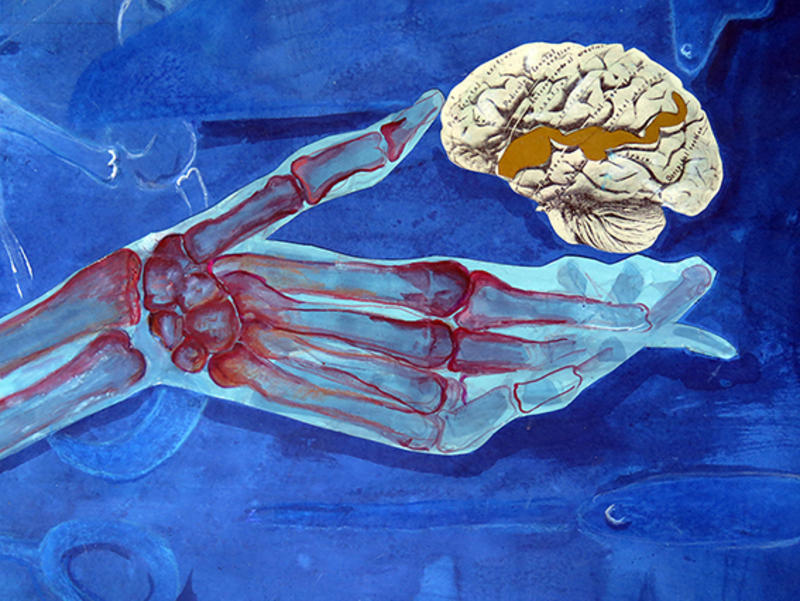One year on: European programme of work forms vital part of COVID-19 response

A year since being confirmed as WHO Regional Director for Europe, Dr Hans Henri P. Kluge has overseen the endorsement by Member States of the European Programme of Work, 2020–2025 – “United Action for Better Health in Europe” (EPW), which has already had an impact on WHO/Europe’s response to the pandemic.
The EPW includes 4 flagship initiatives: behavioural and cultural insights, mental health, immunization, and digital health. Throughout the COVID-19 pandemic, WHO/Europe has been leading the way, showing how these initiatives provide support and guidance during health emergencies, and can act as a catalyst for the work of the Regional Office and health authorities in the coming years.
With strong links to WHO’s General Programme of Work and the triple billion goals – more people benefitting from universal health coverage, enjoying better health and well-being, and better protected from health emergencies – the EPW translates these aims into initiatives that matter for citizens in the European Region.
Behavioural and cultural insights
A relatively new field in health, behavioural and cultural insights seeks to better understand the drivers and barriers to health. In April 2020, as the COVID-19 pandemic was challenging health systems, the value of understanding levels of public trust, perceptions of risk and barriers that may be faced in adhering to recommended measures – such as self-isolating and quarantining – was vital.
With this in mind, WHO/Europe launched a behavioural insights tool, providing vital insights to authorities seeking to guide their pandemic response, since implemented in more than 30 countries in the Region.
In addition, WHO/Europe held an online meeting for stakeholders to share experiences and best practices for countering pandemic fatigue that led to the establishment of an online Policy Forum for regular country exchange. The Forum facilitates discussion about the COVID-19 pandemic response through the lens of behavioural and cultural insights.
“The COVID-19 pandemic has accentuated the value of and need for behavioural and cultural insights in the area of health. We have worked closely together with WHO in leveraging the value of this approach and adapted the Behavioural Insights survey tool to our local context. The results were integrated in the process of adjustment of pandemic response measures in Moscow,” said Ignat Bogdan, Head of the Medical and Sociological Research Division, Research Institute for Health Care and Medical Management, Moscow Health Care Department.
Mental health
In 2020, WHO/Europe announced plans to establish a mental health coalition. Mental health already represented a large and growing challenge to public health and sustainable development in the European Region. COVID-19 has had the effect of exacerbating the pre-existing level of psychiatric morbidity and psychosocial disability in the population, and compounding inequalities with respect to appropriate, accessible and affordable care.
It is estimated that in the European Region alone, over 110 million people are living with some form of mental health condition. However, it is feared that the COVID-19 pandemic and associated lockdowns, including in some cases severe restrictions on people’s everyday lives, is having an impact on people’s mental health.
Focusing on the pandemic, WHO/Europe produced a report on how long-stay mental health care institutions have also felt the impact of COVID-19. This was based on a survey with 169 long-stay institutions to assess the impact of the COVID-19 pandemic on services, staff, service users, and residents with psychosocial and intellectual disabilities.
In addition, WHO/Europe plans to launch a technical advisory group focusing on the mental health impacts of COVID-19.
Immunization
As the COVID-19 pandemic has continued, vaccines have been identified as an important addition to the available tools to contain the pandemic and protect stretched health systems.
As part of the EPW, the European Immunization Agenda 2030 seeks to ensure that everyone enjoys the full benefits of vaccines throughout their lives no matter who they are, where they live or when they were born.
Building on routine immunization programmes in countries, WHO/Europe has provided specific support to Member States on strategic programmatic areas for effective deployment of COVID-19 vaccines and vaccination. The major programmatic areas of support include: national vaccination strategy, data and information management, vaccine regulation and safety, demand and acceptance of vaccines.
In addition, WHO/Europe has been finding ways to support countries in maintaining dual-track health systems, with immunization service delivery as an integral part of essential health services. This is vital to ensure that children receive their recommended, routine vaccines. Countries should organize “catch-up” vaccination to make up for any missed as a result of COVID-19 response measures to avoid potentially deadly outbreaks of vaccine-preventable diseases, such as measles. In April, WHO/Europe and the United Nations Children’s Fund (UNICEF) released a joint statement marking European Immunization Week, warning of the dangers of missed vaccination schedules. This included guidance from WHO/Europe on maintaining routine immunization services during the pandemic.
Digital health
Digital health influences nearly all areas of health. Throughout the pandemic, delivery of primary health care through e-consultations has become an essential way to provide health services to populations; for example, when travel and in-person consultations were discouraged or if patients were required to self-isolate or quarantine.
Early in the pandemic, WHO/Europe provided financial support to Romania’s Tel Verde (Green Line), a national hotline answering calls from the general public seeking the latest information and advice on COVID-19.
In October last year, WHO and the Government of Estonia agreed to collaborate on developing a digitally enhanced International Certificate of Vaccination. Envisioned to strengthen the COVAX initiative, the Certificate would act as a “smart vaccination certificate” to allow people to show they have been vaccinated against COVID-19.
In addition, WHO/Europe has provided support to Member States on awareness, prevention and contact tracing, for example with the use of chatbots and websites for risk communication. Digital health has also aided in surge management for hospitals and health centres to manage demand, as well as supporting testing and research.
Country offices
Countries are central to the EPW, and WHO’s country offices have played a vital role in providing support throughout the COVID-19 pandemic. This has included helping ensure the delivery of much-needed supplies, such as personal protective equipment to health-care workers.
In addition, country offices have liaised closely with national authorities, providing the latest WHO guidance, as well as answering calls from the media in local languages, to ensure that evidence-based guidance has reached the general public in local languages.
This is further evidence of the EPW in action, ensuring better health and well-being, more people benefitting from universal health coverage and more people better protected from health emergencies.




